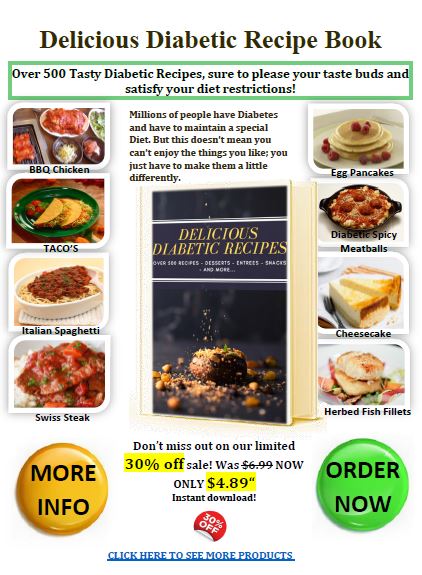#ad [Recommended Product]
Low blood pressure, or hypotension, can cause dizziness, fatigue, and even fainting. While often benign, persistently low blood pressure can indicate underlying health issues and requires medical attention. Electrolytes, vital minerals that carry electrical charges, play a crucial role in regulating blood pressure. Understanding their influence can help in managing this condition, though it’s crucial to consult a healthcare professional before making any dietary or supplemental changes.
Three key electrolytes are particularly relevant to blood pressure regulation: sodium, potassium, and magnesium.
Sodium (Na+): Sodium is essential maintaining fluid balance and blood volume. Low sodium levels (hyponatremia) can contribute to hypotension by reducing blood volume. However, excessive sodium intake is linked to high blood pressure (hypertension). Therefore, maintaining a balanced sodium intake is critical. Processed foods are often high in sodium, so focusing on fresh, whole foods is generally recommended. A healthcare provider can help determine the appropriate sodium intake for an individual based on their specific health status.
Potassium (K+): Potassium works in opposition to sodium. It helps relax blood vessels, promoting vasodilation and lowering blood pressure. Potassium deficiency (hypokalemia) can exacerbate hypotension. Good sources of potassium include bananas, sweet potatoes, spinach, and beans. However, individuals with kidney disease should monitor their potassium intake carefully as the kidneys play a vital role in potassium regulation. Excessive potassium can be dangerous.
Magnesium (Mg2+): Magnesium also plays a role in blood vessel relaxation and helps regulate blood pressure. Magnesium deficiency (hypomagnesemia) can contribute to hypotension and can also worsen the effects of low potassium levels. Good sources of magnesium include almonds, dark chocolate, and leafy green vegetables. Similar to potassium, individuals with kidney problems should consult their doctor before significantly increasing their magnesium intake.
The Importance of Medical Guidance:
While these electrolytes are vital for blood pressure regulation, self-treating low blood pressure with electrolyte supplements is not recommended. Inadequate or excessive intake of any electrolyte can have serious consequences. A healthcare professional can properly assess the underlying cause of hypotension, determine if electrolyte imbalances exist, and recommend appropriate treatment strategies. This may include dietary adjustments, lifestyle changes, or, in some cases, medication.
Conclusion:
Electrolytes, particularly sodium, potassium, and magnesium, significantly influence blood pressure. Maintaining a balanced intake of these minerals through a healthy diet is crucial. However, it’s paramount to consult with a doctor before making any changes to your diet or supplementing with electrolytes, especially if you have pre-existing health conditions or are experiencing symptoms of low blood pressure. Accurate diagnosis and personalized management are essential for ensuring safe and effective blood pressure control.
Recommended Story For You :

Look weight gain and weight loss are serious concerns of yours and I get it.

Flavourful Vegan Recipes Covering Everything From Burrito Bowls To Chocolate Mousse

The keto diet is not just a diet it is a lifestyle change!

Pizza is Doubly Addictive with Two Morphine-Like Compounds in Every Crusty-Chewy Slice!

Delicious diabetic recipes- over 500 recipes-Desserts-Entrees-Snacks-and more.

An amazing collection of easy and delicious keto recipes.

Homemade Desserts just got quicker easier and smarter.

Boosting your health is easier than you think- smoothies make everything taste better.


Comments
13 responses to “The Role of Electrolytes in Managing Low Blood Pressure”
ordering androxal generic alternatives
discount androxal generic in united states
buy cheap rifaximin generic how effective
how do you get rifaximin
buy staxyn generic canadian
buy cheap staxyn generic when available
générique kamagra sans ordonnance
kamagra prescriptions
buy cheap enclomiphene us overnight delivery
how to order enclomiphene generic is good
discount flexeril cyclobenzaprine purchase online from india
order flexeril cyclobenzaprine ireland over the counter
how to order dutasteride generic online mastercard
get dutasteride canada low cost
order gabapentin generic available
cheapest buy gabapentin buy san francisco
buying fildena generic in canada
how to buy fildena buy safely online
buy itraconazole purchase in canada
order itraconazole generic ingredients
get avodart canada price
cheapest buy avodart generic drug india
xifaxan quick delivery
lowest price xifaxan with no presriptoin
180 kamagra doručeno v sobotu
obecný kamagra v nz